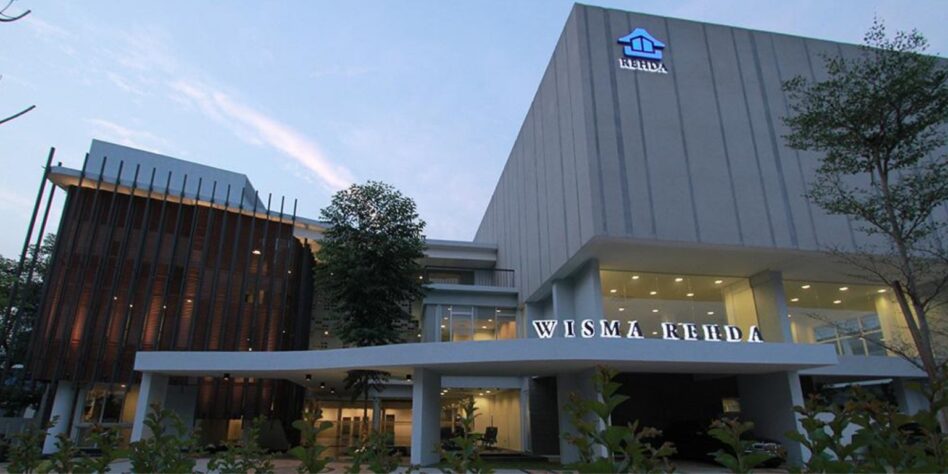KUALA LUMPUR: Bank Negara Malaysia (BNM) may lower its Statutory Reserve Requirement (SRR) even further from the current 2% to inject more liquidity into the banking system, said Affin Hwang Capital Research today.
“Together with the recent moves by BNM to cut its Overnight Policy Rate (OPR), we sense the urgency on BNM’s part in easing the monetary policy aggressively by cutting SRR is to improve loanable funds for banks from reserves to create credit,” it said in a note today.
It said the move would also encourage banks to provide financing for businesses, especially small and medium enterprises (SMEs), as well as to support the domestic economy from falling into a possible sharp economic downturn this year.
“We believe the potential negative impacts of the Covid-19 outbreak and the low global oil prices on the domestic economy is likely to continue into the second quarter of 2020,” said Affin Hwang.
The central bank lowered its SRR ratio by 100 basis points (bps) to 2% from 3% effective March 20, 2020, bringing the SRR to its lowest rate since April 2011.
According to BNM, each principal dealer is able to recognise Malaysian Government Securities and Malaysian Government Investment Issues of up to RM1 bil, and this flexibility is available until March 31, 2021.
Following these measures, BNM expects approximately RM30 bil worth of liquidity to be injected into the banking system.
In November 2019, BNM lowered the SRR by 50bps to 3% from 3.5% – its first cut since February 2016.
Meanwhile, the research house noted that even though M3 (broad money) supply growth was steady at 3.9% year-on-year in January from 3.5% in December, M3 growth may have slowed significantly in February and March due to the recent outflow in the domestic equity market amid the Covid-19 pandemic as well as low global oil prices.
It said the pandemic has negative spillover effects on the domestic economy, especially as the entire country is already on a movement control order effective March 18-31 to deal with the rise in Covid-19 cases.
“We believe the cut in SRR was also a bid to support and increase lending to both households and businesses,” it added.
In terms of monetary policy, the research house believes that BNM may lower its OPR by another 25 basis points (bps) to 2.25%, possibly in the next Monetary Policy Committee meeting on May 5.
BNM has already cut the OPR by a total of 50bps during its first two meetings of the year in January and March.
“Apart from monetary policy measures, we believe there is also an urgent need for further government action on providing more fiscal stimulus measures to support the domestic economy from the effects of the Covid-19 pandemic as well as possible global supply chain disruption on the country’s exports and manufacturing production,” said Affin Hwang.
It added that the government has acknowledged the need to provide assistance to SMEs through the provision of various financial facilities such as loans, restructuring and rescheduling of payments and a six-month moratorium for businesses, SMEs and individuals.
“However, we believe additional measures need to be added to the existing economic stimulus package as well as providing additional allocation for development expenditure spending,” said Affin Hwang. – March 20, 2020, Bernama









